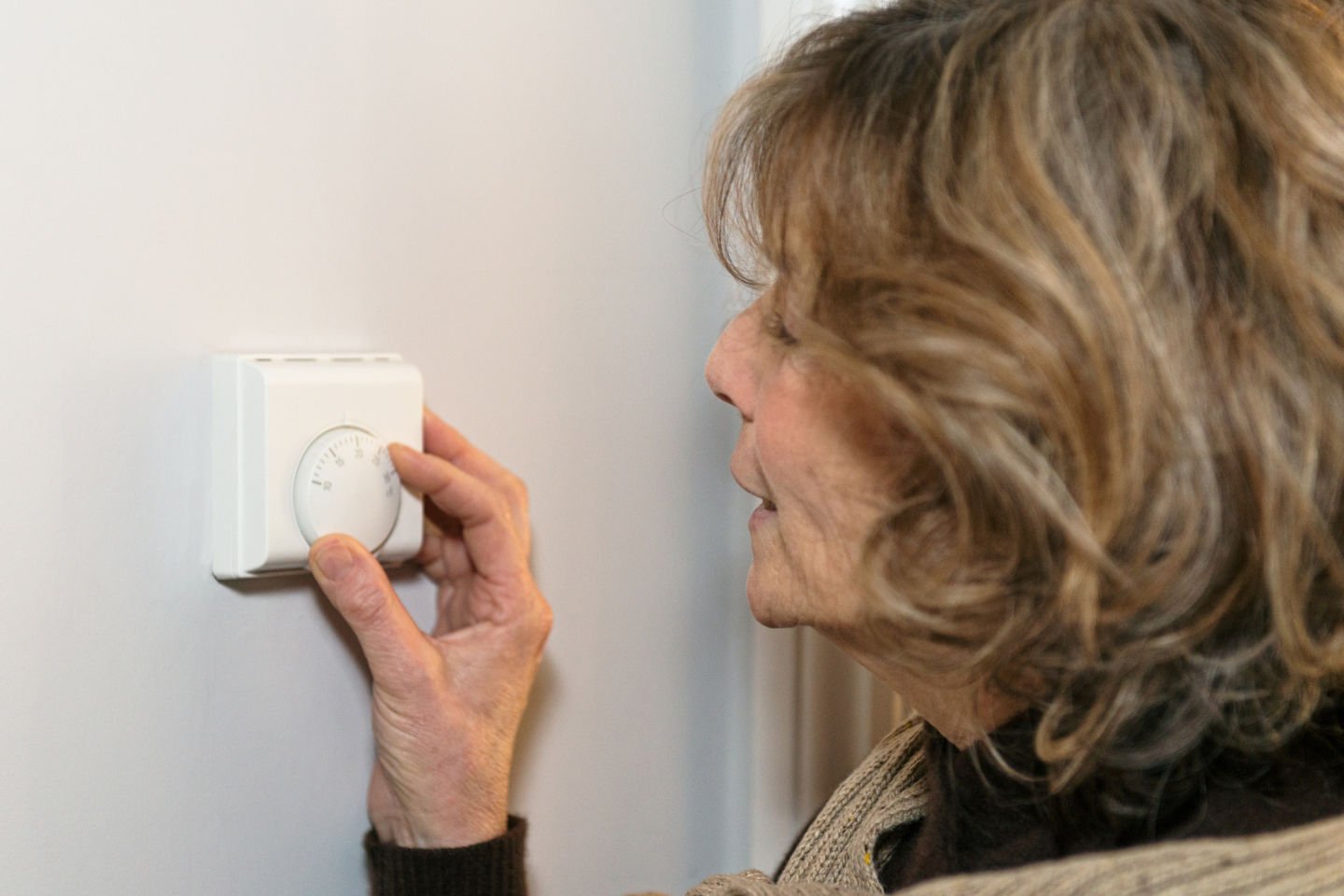How to save money keeping your house warm
Did you know that using your ceiling fan and aircon can also be useful in winter?

Heating and cooling appliances account for about 40% of energy use in the average Australian home. So, using your air-conditioning or heater incorrectly during winter can really affect your personal finances.
The good news is that just a few small changes can help lower your costs.
Reverse-cycle air conditioners are among the most efficient and cost-effective ways to heat individual rooms and large living spaces, beating electric and gas heaters on running costs, according to consumer advocate CHOICE.
The cost of using reverse-cycle aircon to heat your home can range from $113 for a small unit up to $335 for a large unit (estimate based on 500 hours of use and an electricity price of 30c/kWh).
CHOICE’s guide helps you compare the costs of heating using reverse-cycle air conditioning versus gas and electric heaters.
There are a range of opinions about the optimum temperature. One recommendation is to leave the aircon between 18°C and 22°C in winter, while another opinion is that you leave about 8°C difference between the temperature on your reverse-cycle air conditioner and the outside temperature.
By the way, it’s cheaper not to turn the aircon on and off. That just means your unit has to work hard to get back to the desired temperature – a bit like revving your car to get up a hill.
Of course, not everyone uses air-conditioning to keep warm. Portable oil, gas, and electric heaters are also popular. But if you are in the market for a new heater, check the energy rating before you buy.
Fan heaters are great at providing immediate heat but it’s cheaper not to leave them on all day.
While they take longer to heat up, column (or blade) oil heaters tend to be more efficient. You can leave them on a low setting for hours.
Simple things you can do to keep the heat in your room or home include pulling down the blinds. Then there’s this tip from someone who used to live in an old weatherboard house with a long corridor: “I’d put a sheet up during the winter to block the hallway.” Clever!
Use heavy window curtains. 40% of the heat escaping your home goes out the windows, usually through leaks. Drapes or curtains provide extra insulation.
Change your ceiling fan settings. In winter, use reverse to push the warm air generated by your heating system, which naturally rises to the ceiling, back down to a comfortable level. To locate your reverse switch, look on your fan above or below the blades, or check the manual from the manufacturer.
Unsealed cracks and gaps can account for up to 25% of heat loss in your home throughout winter.
Insulation can mean you use 45% less energy for heating and cooling. If you can do so, insulate timber floors boards as well as the ceiling. This has the added benefit of cutting the sound made by creaky floorboards and the noise transfer from room to room.
Use a “door snake”. A simple, soft, sausage-shaped barrier can keep cold air from leaking under your doors.
Cover your walls. You can significantly reduce energy loss by covering hard surface walls with picture frames, mirrors or even a large bookshelf, which will act like insulation.
Re-position your furniture. You will feel warmer if you position yourself and your furniture near warmer areas of the home, away from cooler external walls. Try to place your furniture next to an internal wall or in a spot that gets a lot of natural light and heat from the sun.
Let the sun in. Sunshine is free energy and offers extra warmth. Open your blinds and curtains during the day and let it in, then close them when the sun sets.
Related reading: CHOICE, ABC, Bradford Insulation








